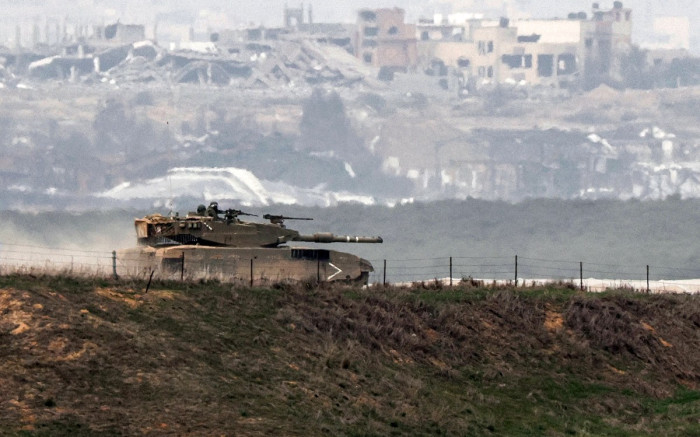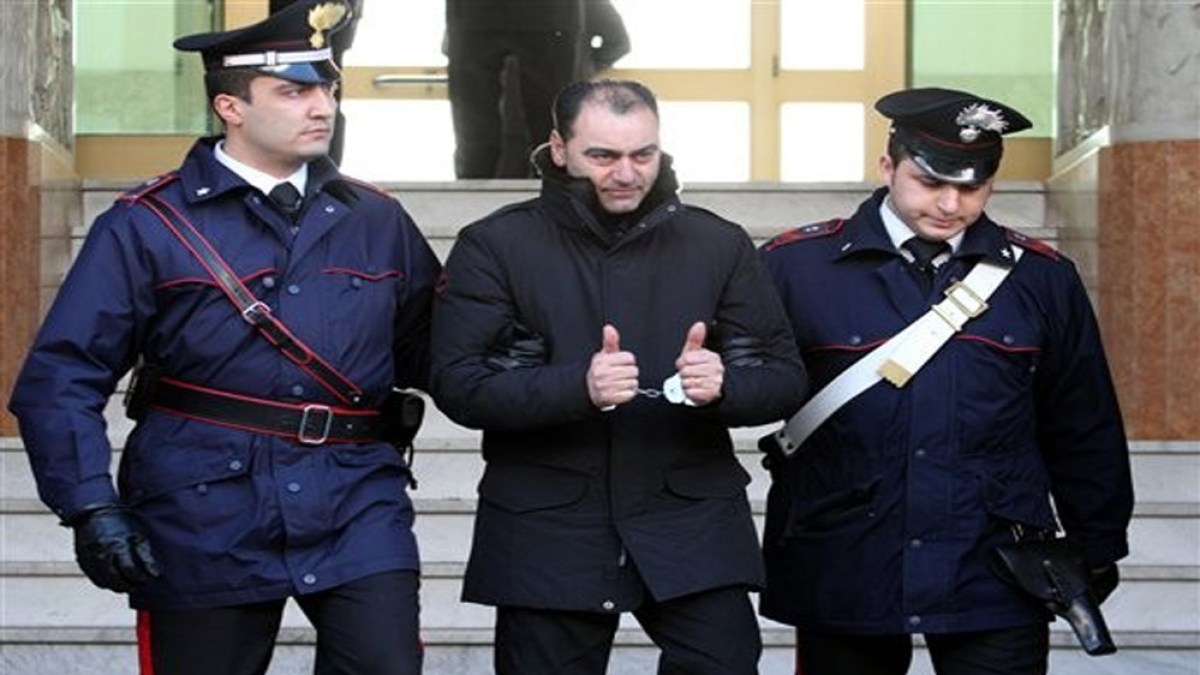
Burundi’s president said gay people in his country should be stoned as the East African country faces a growing crackdown on LGBTQ people, increasing anti-gay sentiments in the region and across the African continent.
While President Evariste Ndayishimiye’s comments have no force of law, they represent an escalation of provocative statements against LGBTQ people by African government officials elsewhere.
Mr Ndayishimiye said gays should not be accepted in Burundi, a conservative country where consensual same-sex intimacy between adults can already be punished with up to two years in prison.
“I think if we find such people in Burundi, it is better to take them to a stadium and stone them,” Mr. Ndayishimiye said on Friday during an event in the country’s eastern Cankuzo province where he answered questions from journalists and members of the public. “This is what they deserve.”
In his remarks, the president also railed against Western countries that, he said, had made their aid conditional on recognizing gay rights.
“Let them keep it,” he said of their support.
On Sunday, a gay human rights activist in Burundi, who spoke on condition of anonymity for fear of retaliation, expressed concern that the president’s statement is setting the stage for extrajudicial killings and “exacerbating an already insecure environment.”
Burundi is small, densely populated and without access to the sea. It is one of the poorest countries in the world and receives aid and loans from the European Union, the United States and the International Monetary Fund.
Mr. Ndayishimiye’s comments were the latest expression of anti-gay sentiment in East Africa, where LGBTQ people face intense homophobia and increasing crackdowns.
Last year, Uganda passed what activists demanded one of the strictest anti-gay laws in the world, which imposed the death penalty for “severe homosexuality,” a term defined as homosexual acts committed by people infected with HIV or involving children, disabled people, or people forced to do so. The law, which is being challenged in the country’s constitutional court, has been widely condemned by governments and human rights groups around the world.
After Ugandan President Yoweri Museveni signed the law, the United States announced visa restrictions on some Ugandan officials and the World Bank withdrew all future financial aid to Uganda. In the months before and after the law’s passage, gay and transgender Ugandans reported being harassed, beaten, and evicted from their homes, and that some were also affected forced to leave their country completely.
In Kenya, lawmakers joined the president in criticizing the country’s Supreme Court last year after it allowed the registration of an LGBTQ association. A lawmaker also introduced a bill that would impose punitive measures, including giving the public the power to arrest anyone they suspect of homosexuality.
Officials in Tanzania, Zambia and Ghana have also railed against gays in the past year.
In Tanzania, authorities said they would prosecute anyone caught sharing pro-LGBTQ content online. Police in Zambia have arrested activists they accuse of promoting homosexuality. And in Ghana, a bill in parliament has criminalized identifying as queer and proposes jailing or fining those who helped fund or protect minority sexual and gender rights.
Anti-gay sentiment has recently increased in parts of the continent Pope Francis’ decree two weeks ago allowed priests to bless same-sex couples.
Burundi consensual homosexual intimacy prohibited In 2009, in a law signed by then-President, Pierre Nkurunzizaan autocratic leader who mocked gays for years.
Mister. Congratulations, a retired general, came to power in 2020 after an election that human rights groups said was marred by the arrest and torture of opposition activists.
Although Mr. Ndayishimiye is credited with lifting some restrictions on the news media and civil society organizations, observers say his government has not improved the country’s endemic corruption or dire human rights record.






Recent Comments